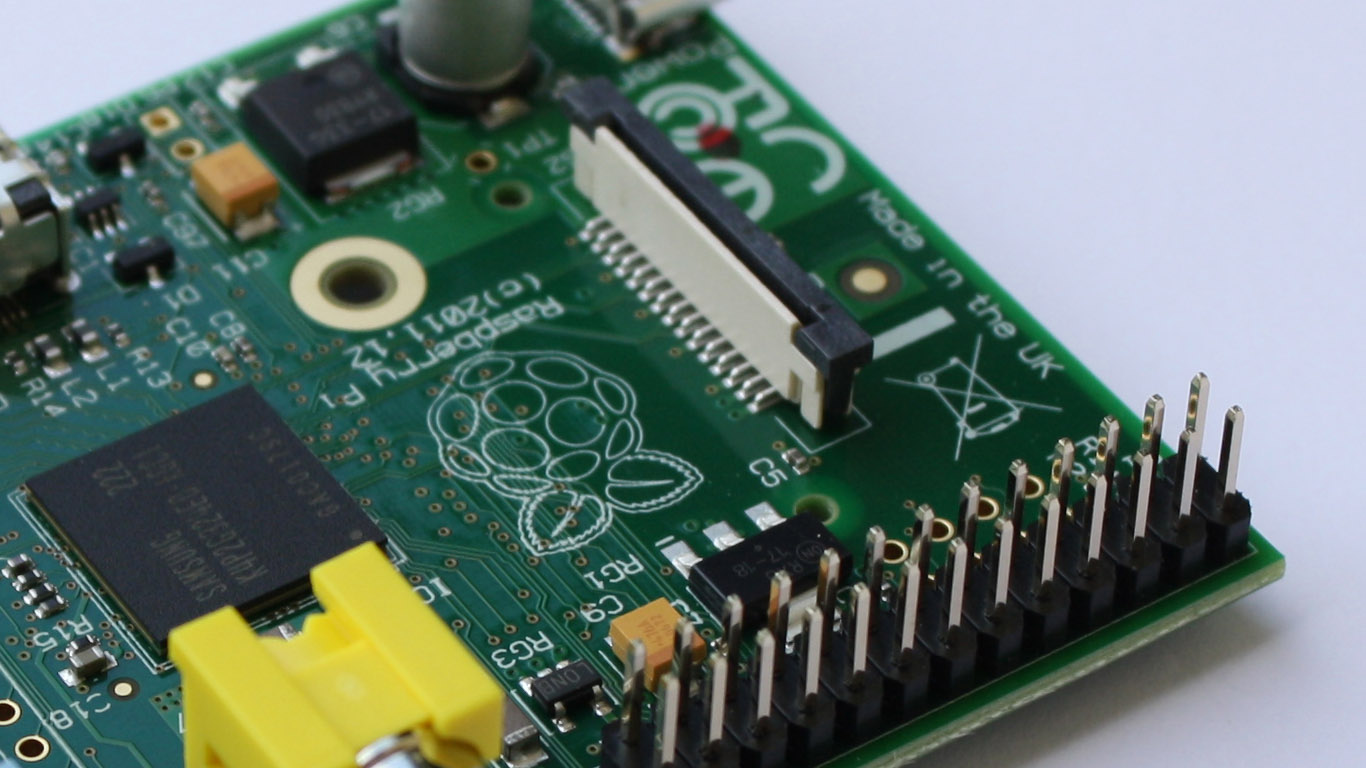UK Engineers assemble supercomputer with Legos and Raspberry Pi
6-year-old consultant claims responsibility for ingenious design

Earlier this week, a team of computational engineers at the University of Southampton completed their summer project - to build a supercomputer using Raspberry Pi computers and Legos.
With aid from Professor Simon Cox's six-year-old son, the team created a two-tower computing behemoth by stringing together 64 Raspberry Pi computers, held together by a colorful Lego chassis.
Raspberry Pi is known for it's remarkable ease-of-use in teaching programming languages. As such, the internal framework was written using Python and Scratch, two entry-level coding languages.
The supercomputer, named "Iridis-Pi" after Southhampton's other supercomputer "Iridis", was christened with the humble task of calculating Pi. According to the youngest team member, the event was "great fun".
Learning to Lego
Of course, the finished product wasn't all pi and Legos. A 13-amp main power supply and 1Gb Ethernet interface round out the $4000 investment.
Iridis Pi also sports 1TB of hard drive space in addition to the 16GB of SD card space on each of the Raspberry Pi boards. The team was responsible, mostly, for building the software that would run on the ambitious hardware combination.
Aside from being just a pet project, Professor Cox sees this supercomputer as a wider inspiration for those interested in computational development.
Get daily insight, inspiration and deals in your inbox
Sign up for breaking news, reviews, opinion, top tech deals, and more.
According to Cox, Iridis Pi is "a starting point to inspire and enable students to apply high-performance computing and data handling to tackle complex engineering and scientific challenges."
The team has not released any specifics on the quantity or shapes of the Legos involved in this project, but it's clear that Legos are still in more supercomputers than K'NEX.